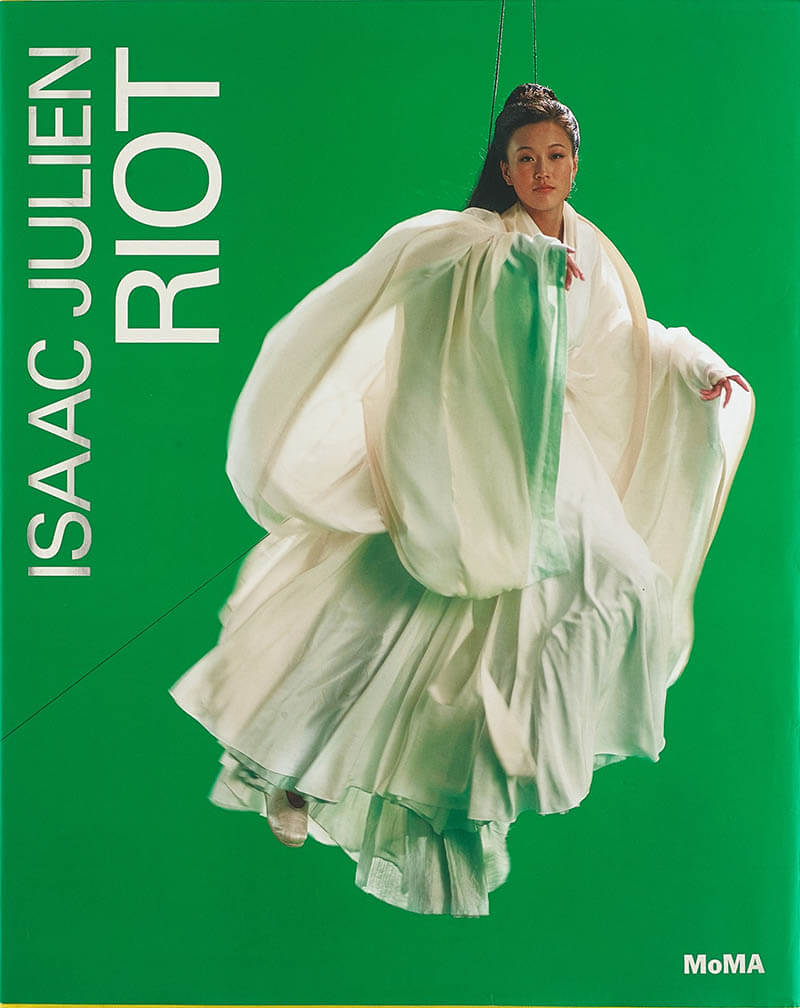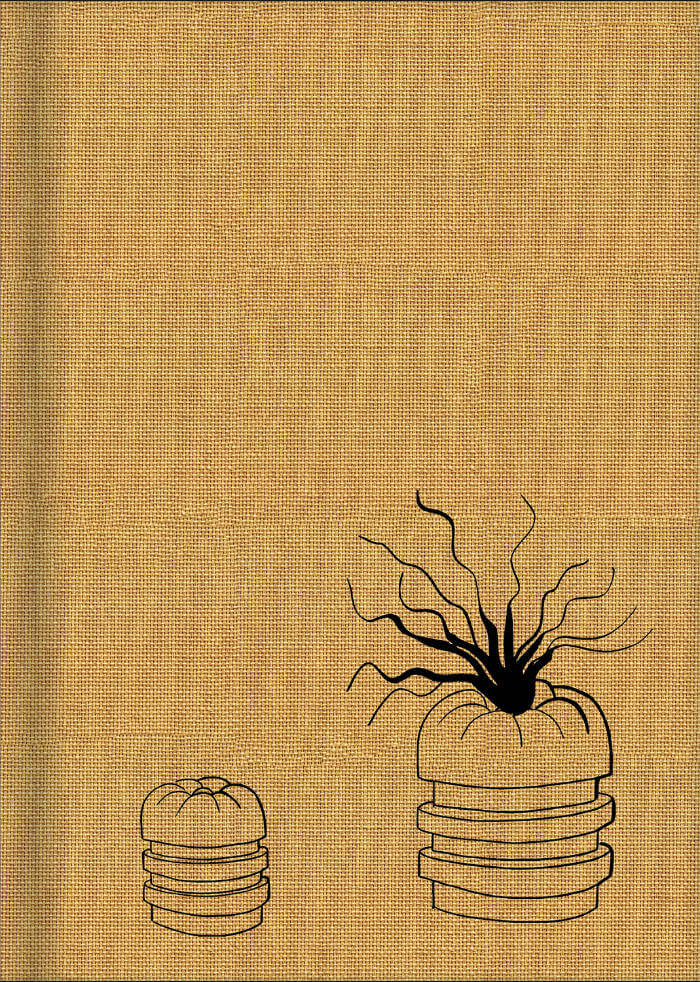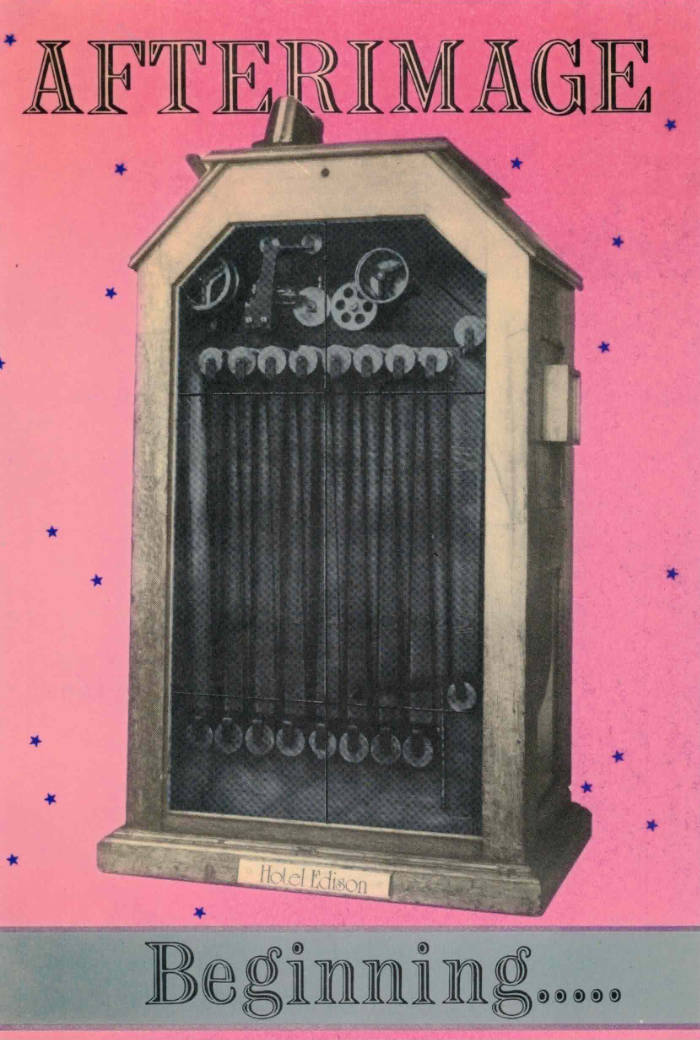
Riot
Riot is an intellectual biography of artist and filmmaker Isaac Julien (born 1960), looking at key moments in his career and discussing the influences that shaped them. Julien's trail-blazing career has moved across film and art, documentary, biography, narrative film and multi-screen installation, and has drawn on influences as disparate as silent cinema, cultural studies, Chinese myth and pirate radio culture. Riot is the first career-long overview on Julien, situating his work in the context of his personal and intellectual development: the friendships, mentors, night clubs, films, politics, records and the artworks that informed his practice. The backdrop to Julien's own story is a collage of some of the most important political and cultural events of the past 30 years: Thatcherism and the rise of neo-liberalism, the AIDS epidemic, punk rock, social riots, the globalization of the art market and the movement of filmmakers into the gallery.
With Texts by: Giuliana Bruno, Paul Gilroy, Stuart Hall, Bell Hooks, Kobena Mercer, Laura Mulvey and Mark Nash.
Published 2014
Language: English






